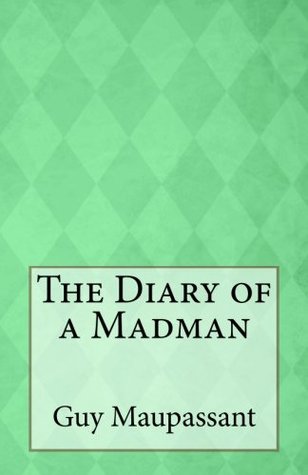Even though I won't be posting on this blog anymore, I'm keeping it as a souvenir for now.
Here. A cute cat for you. See you around.
“You think your pain and your heartbreak are unprecedented in the history of the world, but then you read. It was books that taught me that the things that tormented me most were the very things that connected me with all the people who were alive, who had ever been alive.”― James Baldwin






The problem, Paulinus, is not that we have a short life, but that we waste time.Life is long and there is enough of it for satisfying personal accomplishments if we use our hours well.But when time is squandered in the pursuit of pleasure or vain idleness, when it is spent with no real purpose, the finality of death fast approaches...
How much less companionable than silence is the language of falsehood.An unpopular essay
– St Augustine, City of God, XIX, vii; Montaigne cites Pliny from J. L. Vives’ note.
I certainly do forget things easily but I simply do not treat with indifference any charge laid on me by my friends. Let them be satisfied with my misfortune, without turning it into precisely the kind of malice which is the enemy of my natural humour.
Lying is an accursed vice. It is only our words which bind us together and make us human. [...] It seems to me that the only faults which we should vigorously attack as soon as they arise and start to develop are lying and, a little below that, stubbornness. Those faults grow up with the children. Once let the tongue acquire the habit of lying and it is astonishing how impossible it is to make it give it up.


 25th June. To think that a being is there who lives, who walks, who runs. A being? What is a being? That animated thing, that bears in it the principle of motion and a will ruling that motion. It is attached to nothing, this thing. Its feet do not belong to the ground. It is a grain of life that moves on the earth, and this grain of life, coming I know not whence, one can destroy at one's will. Then nothing—nothing more. It perishes, it is finished.
25th June. To think that a being is there who lives, who walks, who runs. A being? What is a being? That animated thing, that bears in it the principle of motion and a will ruling that motion. It is attached to nothing, this thing. Its feet do not belong to the ground. It is a grain of life that moves on the earth, and this grain of life, coming I know not whence, one can destroy at one's will. Then nothing—nothing more. It perishes, it is finished.
The wisest of all, in my opinion, is he who can, if only once a month, call himself a fool — a faculty unheard of nowadays. In old days, once a year at any rate a fool would recognize that he was a fool, but nowadays not a bit of it.